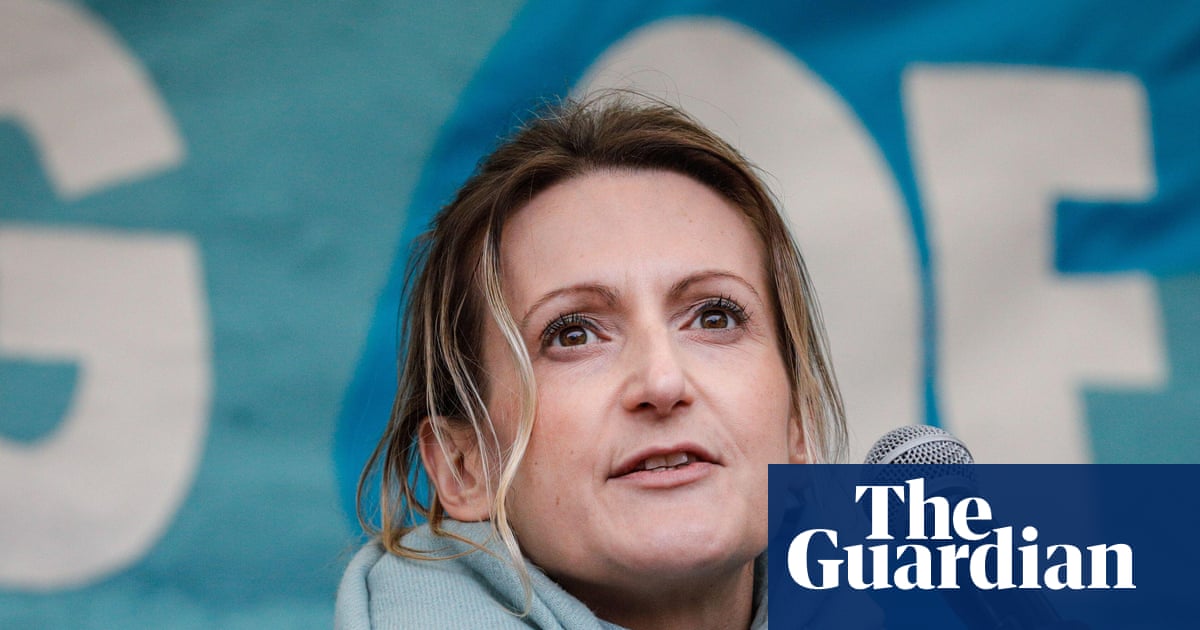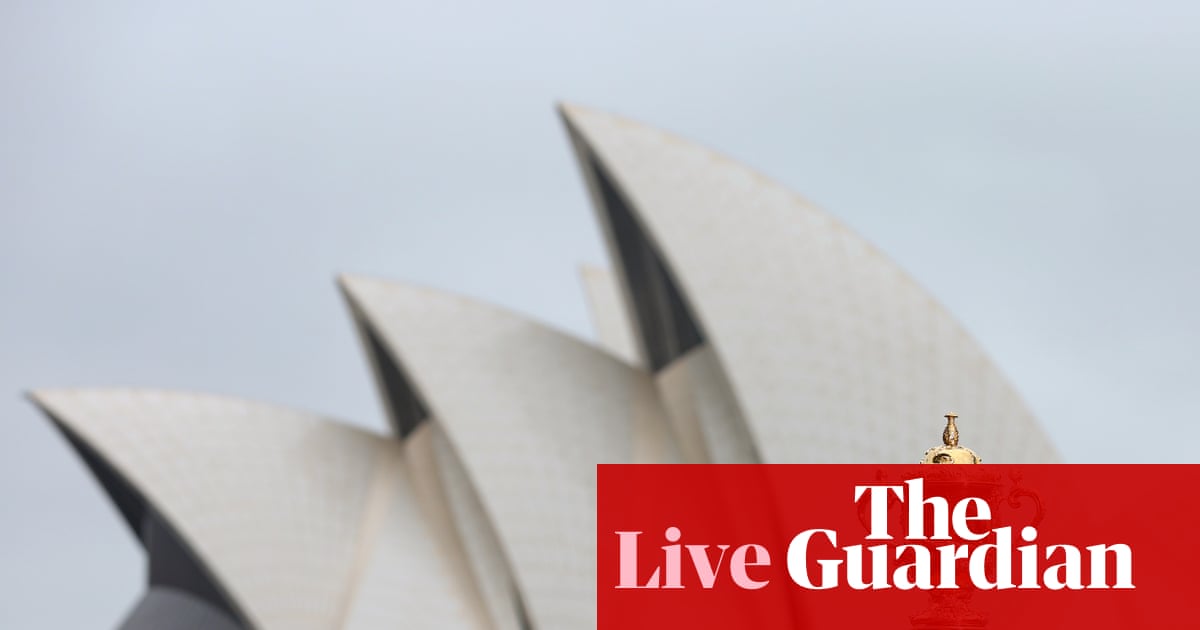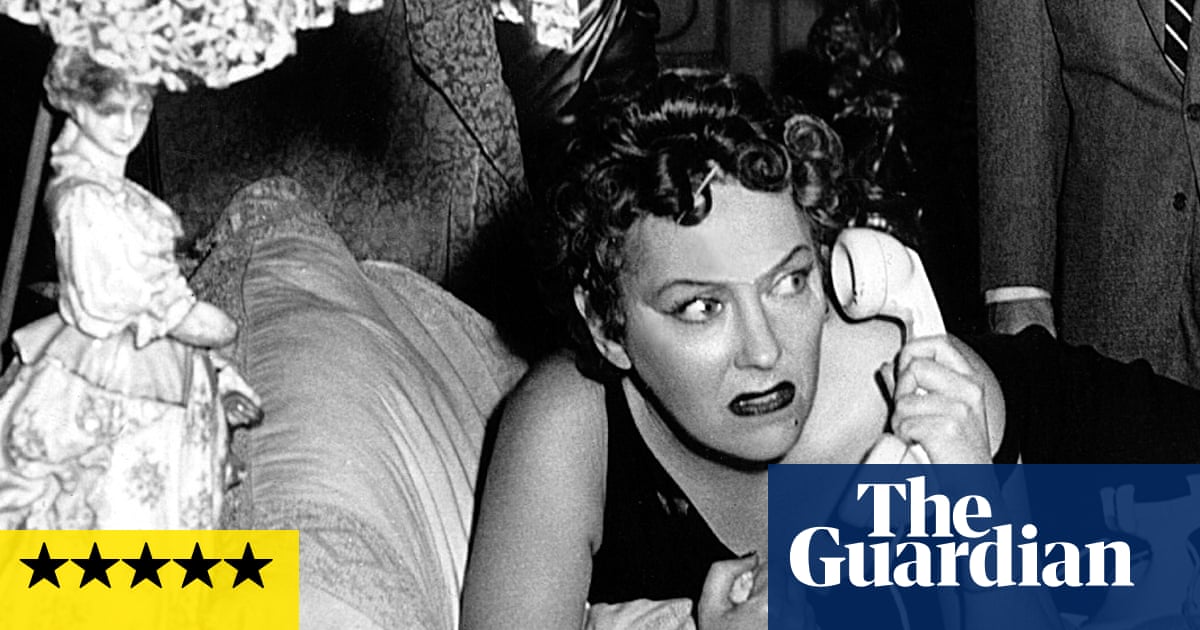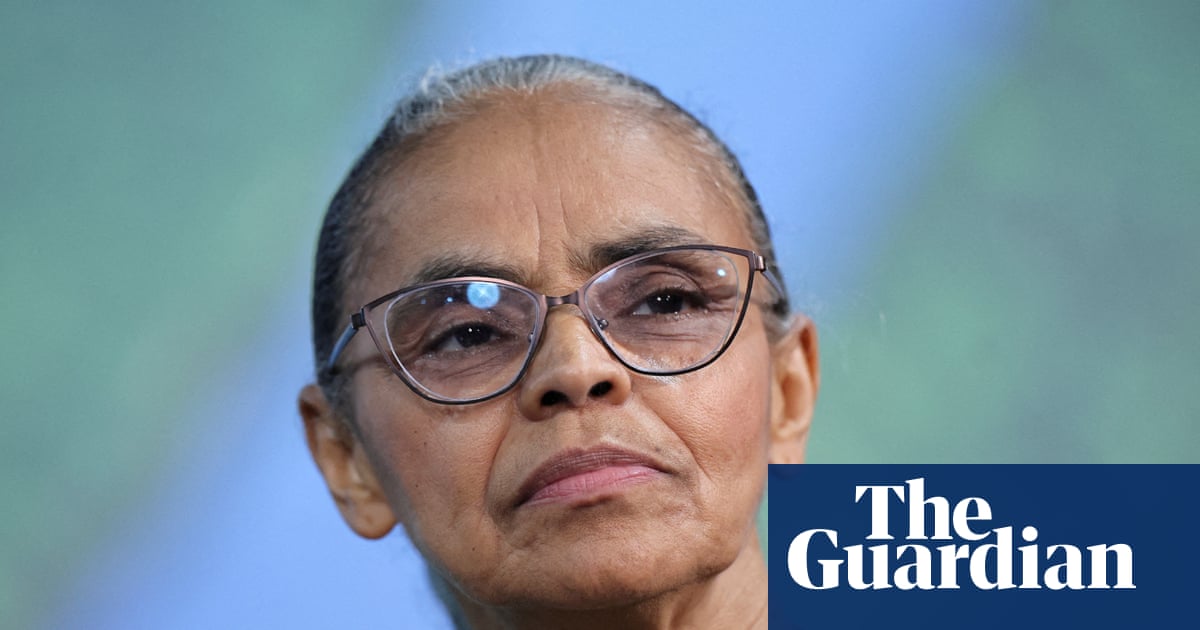Does anyone, outside its longsuffering former and current employees, still care about the Daily Telegraph? The vexed and long-running saga over who owns the Telegraph Media Group, which last week landed back on the desk of the culture secretary, Lisa Nandy, may leave Guardian readers cold, but it goes to the heart of the transparency and independence of the media industry.
The US private equity group RedBird Capital, which finally submitted details of its £500m takeover plans to the Department for Culture, Media and Sport last week, two years after emerging as a potential buyer, is a key part of an increasingly globalised and opaque media business. Its bid connects the 170-year-old newspaper of retired British colonels to the tech billionaires of the west coast with some of the most storied news organisations in the US.
By publicly backing the notion of creating the “New York Times of the right”, RedBird’s founder, Gerry Cardinale, has also sought to place the Telegraph at the forefront of efforts to shift the mainstream media narrative from an supposedly overly liberal viewpoint towards the right. Secrecy and political influence has long been a factor in media ownership – but, unlike the previous owners of the Telegraph, the RedBird consortium appears to have the money to change all of our lives, not just its own.
Nandy inherited this mess from the last Conservative government. RedBird’s original bid as the standalone entity RedBird IMI caused a political firestorm: 75% of this was paid for by International Media Investments (IMI), a company owned by Sheikh Mansour bin Zayed Al Nahyan, the owner of Manchester City and a member of Abu Dhabi’s ruling family, caused a political firestorm. The Gulf state’s terrible track record on press freedom made its land grab for the erstwhile house bible of the Conservative party embarrassing for the then government.
So it would be understandable if Nandy, closely watched by Downing Street overseers keen to avoid any more rejections of a cash-rich Gulf state, simply wanted to move on without further public interest regulatory reviews. But this would be a terrible mistake. Both for reasons of editorial independence and control, Nandy should call for a further, immediate, regulatory review into this deal. And if it does pass muster, RedBird should commit to maintaining editorial independence, perhaps with its own board. The previous history of such boards suggests such commitments do not always guarantee independence from proprietorial interference, but they’re a start.

Questions remain about how the new Telegraph ownership will work. With IMI, a major backer of RedBird, forced to limit its stake in the Telegraph to 15% under the new foreign state interference regime, RedBird will become what it calls “the sole controlling owner”. Cardinale has not used the word “proprietor” to describe his fund’s debt-backed stake, but then who is? Other minority investors include the billionaire Leonard Blavatnik and the Daily Mail group, with about 10% each.
Some of these questions were raised in a letter to Nandy by a cross-party group of parliamentarians this summer. They have so far gone unanswered.
RedBird has far bigger fish to fry. It knows all about outcries over editorial influence, even if one step removed. It is the second largest investor in this summer’s blockbuster deal – the new $8bn (£6bn) media powerhouse Paramount-Skydance, which brought together the Hollywood film studios and storied US news channel CBS.
Paramount, led by David Ellison (the son of the Oracle founder and Trump superfan, Larry) and backed by RedBird, has caused outrage for taking over CBS News and installing Bari Weiss, a woman who famously left the New York Times for oppressing her, as its head. The group also wants to buy Warner Bros, which will add CNN to its list of possessions.
CBS and the Telegraph are very different media beasts. If CBS is known as the “Tiffany network” because of its perceived quality, the once-great Telegraph, starved of funding and support first by heavily indebted owners and then an ongoing ownership limbo, is in danger of becoming the Ratners of broadsheet titles.
Cardinale made encouraging noises about the future of the title earlier this year when he first mooted the idea of the “New York Times of the right”, a paper in which Pulitzer prize-winning news coverage sits alongside wildly popular recipe and games apps.
The media analyst Alice Enders told me this slogan had the “credibility of a peanut”. Yet Cardinale made good on this promise in part last week when he appointed an award-winning, 27-year veteran of the Financial Times, Matthew Garrahan, as operating partner at RedBird, responsible for “news and entertainment”. Garrahan’s arrival suggests a renewed focus on trusted journalism for a paper that needs a new strategy, with an old and dying readership and little loyalty among digital subscribers if churn rates are to be believed.
While the talk may be big, huge investment would go against the known behaviour of private equity groups. The fear is that RedBird follows other media owners, from Richard Desmond to Reach, and slashes cost and journalism in order to improve profits.
It is unlikely that the UK government will care much about the future of the Telegraph. There is precedence for Labour governments treating the paper as an internecine struggle for the other side. The Blair administration allowed the Barclay brothers to buy the newspaper group without a full public interest investigation in 2004.
The world is different now. Newspapers bought for influence, and ideological and financial ends are as old as print. But at a time of existential crisis from disinformation and bot-produced nonsense, independent, ethical journalism matters more than ever, and full transparency is the best place to start.
-
Jane Martinson is professor of financial journalism at City St George’s and a member of the board of the Scott Trust, which owns the Guardian Media Group. She writes in a personal capacity

.png) 1 month ago
47
1 month ago
47

















































